Nutrient-dense sockeye salmon will be distributed across the U.S.
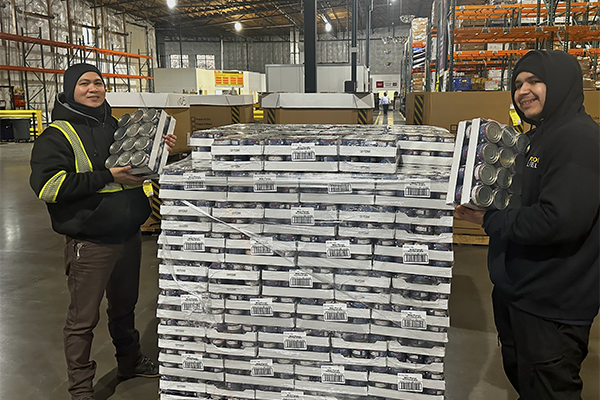
Last week, California-based Wild Planet Foods announced a milestone in addressing hunger relief in the United States: $1.1 million in food donations this year, the equivalent of 710,o00 meals.
Wild Planet is working with prominent hunger relief organization Feed the Hungry to distribute its canned seafood products to outlets around the country that are helping people who are facing economic hardships and food insecurity.
“At Feed the Hungry, we’re dedicated to feeding the poor and hungry around the world so that they may find comfort in having a nourishing meal that they may otherwise not have access to,” said Dave Flowers at Feed the Hungry. “We are extremely fortunate to be partnering with Wild Planet this holiday season to bring wholesome, high-protein options and a little bit of cheer to those who need it most.”
Citing U.S. Department of Agriculture data, more than 44 million people in the United States are considered food insecure, the organization stated, with inflation and the rising cost of food leaving many without access to the most nutritious options like seafood. The December donation is mainly Wild Planet’s Wild Sockeye Salmon with Skin & Bones, a calcium-rich product that also boasts vitamin D, protein and omega-3 fatty acids.
Donations will be delivered to various locations across the country, including Food Lifeline (Washington), Hope for the Heart Relief Center – Church of Glad Tidings (California), the Salvation Army and North Start Bridge (Oklahoma).
Wild Planet uses selective harvesting methods that target just one species at a time to help eliminate bycatch, which often means catching tuna without nets, only using a pole and line, or sourcing from well-managed and highly respected fisheries for salmon and mackerel.
“Transforming fishing into a force for good is a cornerstone of Wild Planet’s mission and purpose, especially when it comes to ensuring seafood is not wasted and can be enjoyed for future generations to come,” said Heather Scott, senior VP of marketing at Wild Planet. “Adding to our donation efforts from the rest of the year, it is our privilege to join forces with Feed the Hungry to make our protein-packed, sustainably-caught, canned seafood options accessible to people struggling with food insecurity across the country.”
Now that you've reached the end of the article ...
… please consider supporting GSA’s mission to advance responsible seafood practices through education, advocacy and third-party assurances. The Advocate aims to document the evolution of responsible seafood practices and share the expansive knowledge of our vast network of contributors.
By becoming a Global Seafood Alliance member, you’re ensuring that all of the pre-competitive work we do through member benefits, resources and events can continue. Individual membership costs just $50 a year.
Not a GSA member? Join us.
Author
Tagged With
Related Posts
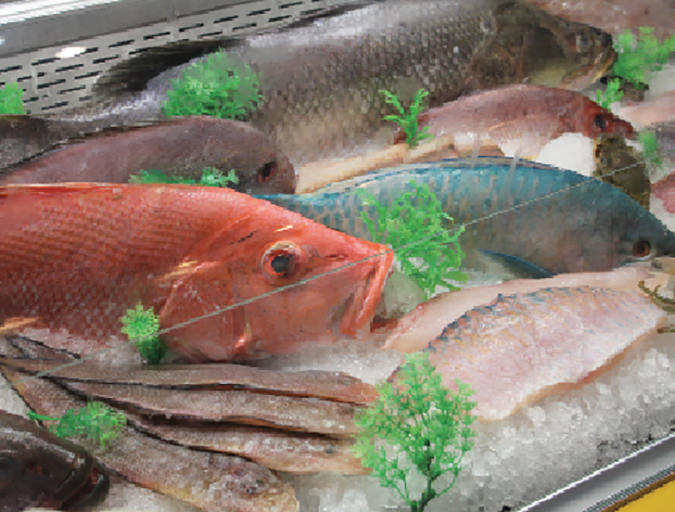
Intelligence
Food is abundant, yet people are starving
While significant numbers of people are undernourished, an increasing number of people are overweight. The divide between recommendations and results is marked, so we must learn more about food production and change our behaviors.
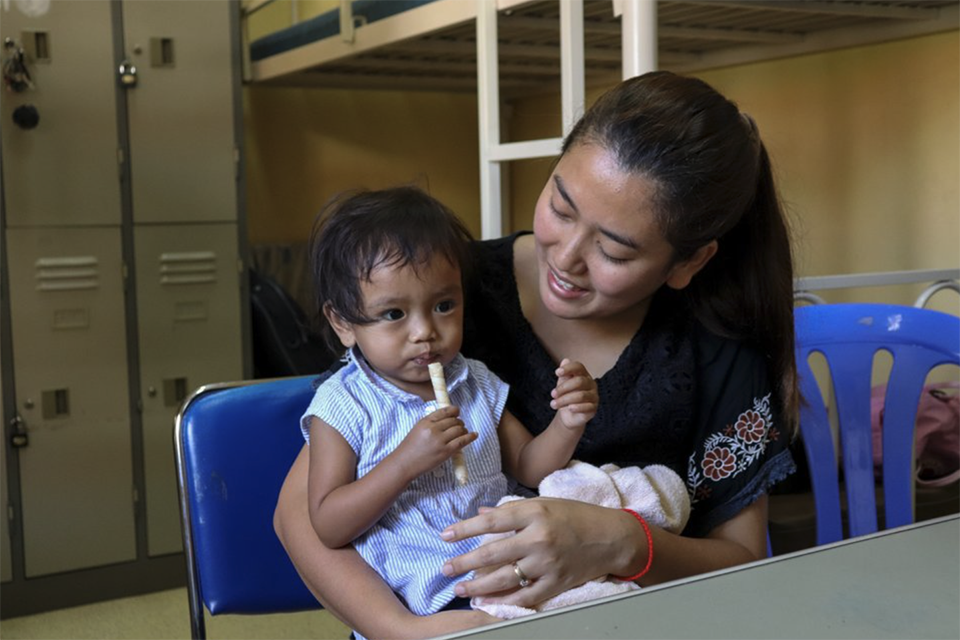
Responsibility
Eat the whole fish: A discussion of culture, economics and food waste solutions
The Big Fish Series explored the logistical and cultural challenges in front of greater whole-fish consumption and how much seafood is being wasted.
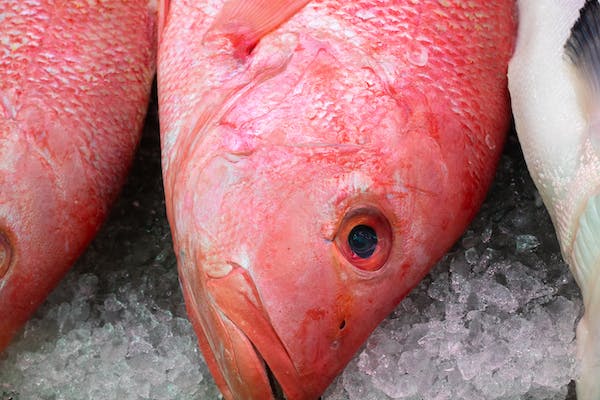
Responsibility
Seafood loss and waste rate in the United States is half of previous estimates
A study puts U.S. seafood loss and waste at 22.7 percent, far lower than earlier estimates reported in the scientific literature.
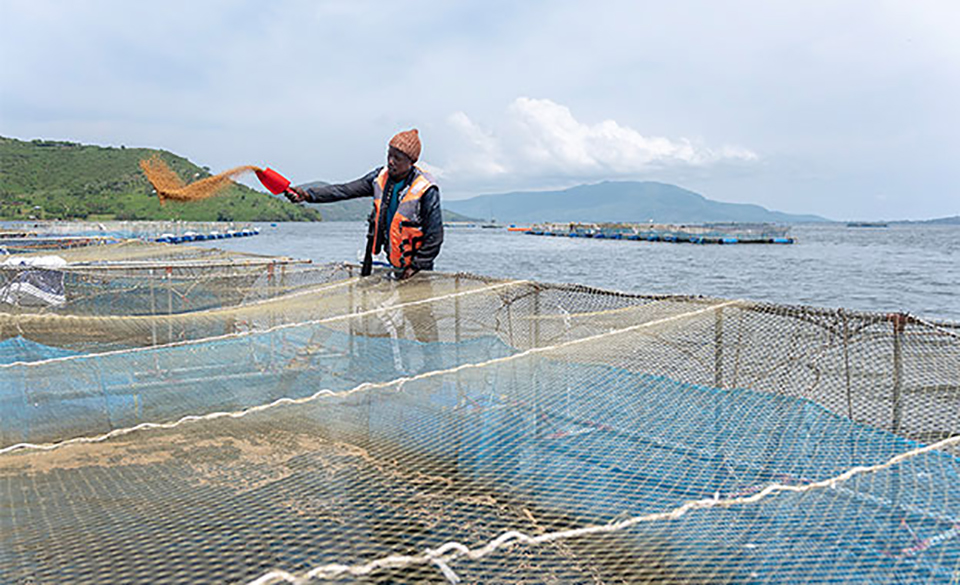
Intelligence
How resilient is aquaculture in the face of a pandemic?
Lead author of a Johns Hopkins Center for a Livable Future study examines how seafood businesses and related institutions are responding to the pandemic.



